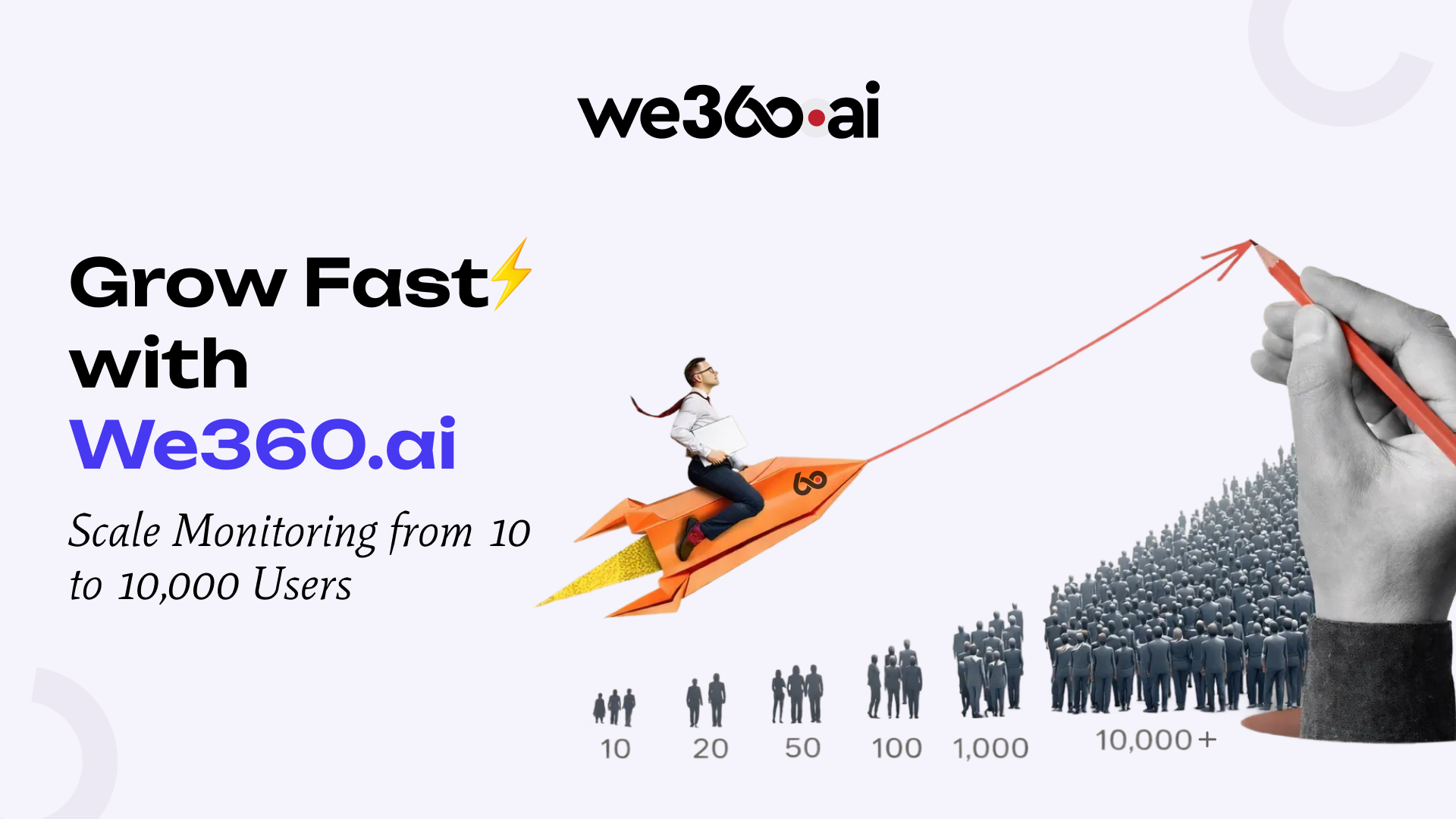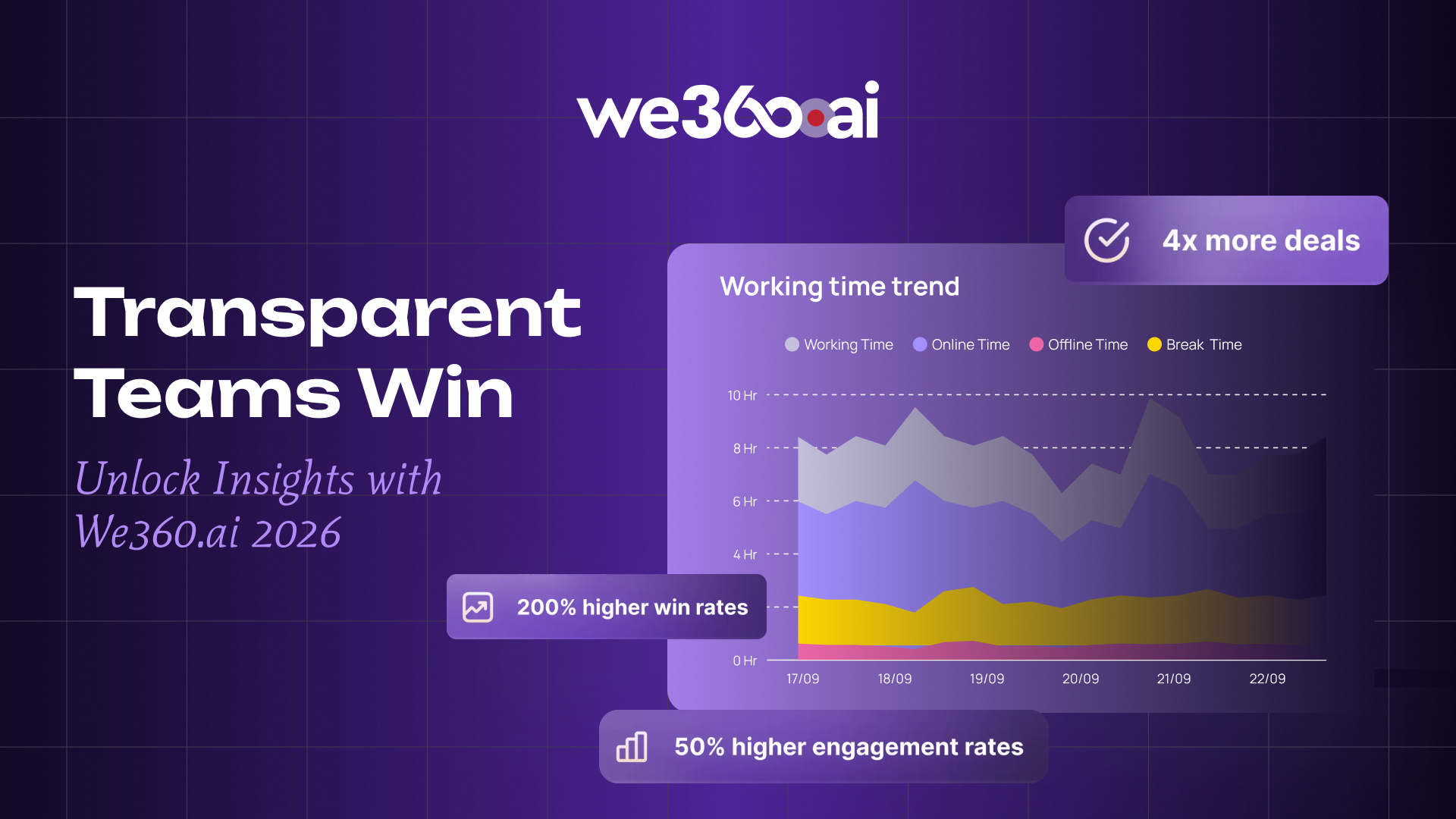As a business leader, whether you're an industry owner or CXO, you understand the multifaceted nature of running a successful organization. Your primary objective is to meet the diverse needs of your clients or customers by offering products and services that align with their expectations. In this dynamic business landscape, informed decision-making and effective business management are crucial for sustainable growth and long-term success. And at the heart of these practices lies the utilization of relevant metrics.
Metrics, essentially performance indicators, provide quantifiable measures of your business's performance across key areas. Regardless of your industry or role, understanding the right metrics can empower you to make data-driven decisions, optimize operations, and enhance overall business performance. These metrics serve as guideposts that enable you to evaluate progress, identify strengths and weaknesses, and align your strategies with desired outcomes.
In this blog post, we will explore what business metrics are, their types, and their importance in driving informed decision making. Additionally, we will dive into specific operational and financial metrics and how they can empower businesses to make strategic choices.
The Power of Business Metrics
By leveraging the power of metrics, you gain insights into critical aspects of your business, such as employee performance, customer satisfaction, revenue generation, and profitability. Armed with this information, you can tailor your decision-making processes to ensure optimal resource allocation, targeted improvements, and continuous growth. Whether you're leading a technology startup, a manufacturing firm, or a service-based organization, embracing the significance of relevant metrics is a fundamental aspect of driving success and achieving your business goals.
What are Business Metrics?
Business metrics, also known as key performance indicators (KPIs), are quantifiable measures that provide insights into different aspects of an organization's performance. They help businesses monitor progress, track achievements, and identify areas for improvement. By analyzing and comparing these metrics over time, decision-makers can make informed choices based on objective data.
Types of Business Metrics:
Operational Metrics:
Operational metrics focus on the efficiency and effectiveness of internal processes within an organization. These metrics help measure productivity, quality, and employee performance, providing insights into how well operations are running. Some examples of operational metrics include:
- Employee Productivity: Measures the output or work completed by employees within a given time frame. It can be calculated as the number of tasks completed, revenue generated per employee, or units produced per hour.
- Customer Satisfaction: Assesses the level of satisfaction or dissatisfaction among customers. Metrics such as Net Promoter Score (NPS) platform, customer feedback ratings, or customer retention rates are commonly used to gauge customer satisfaction.
- Time-to-Market : Measures the time it takes to develop and launch a new product or service. This metric is crucial for evaluating the efficiency of product development processes and staying competitive in rapidly evolving markets.
Financial Metrics:
Financial metrics focus on the financial health and performance of a business. These metrics provide insights into profitability, revenue generation, and overall financial stability. Some examples of financial metrics include:
Revenue Growth: Measures the increase in revenue over a specific period, usually expressed as a percentage. This metric helps gauge the effectiveness of sales and marketing strategies.
- Gross Profit Margin: Calculates the percentage of revenue remaining after deducting the cost of goods sold. It helps assess the efficiency of production or service delivery processes.
- Return on Investment (ROI): Evaluates the profitability of an investment by comparing the gain or loss against the cost of the investment. ROI is widely used to assess the success of marketing campaigns, new projects, or capital expenditures.
What is the Importance of Business Metrics?
- Performance Evaluation: Metrics enable businesses to objectively evaluate their performance across various dimensions. By monitoring operational and financial metrics, decision-makers can identify areas of strength and weakness, enabling targeted improvements.
- Informed Decision Making: Metrics provide the data necessary for making informed and data-driven decisions. By analyzing trends and patterns in operational and financial metrics, decision-makers can gain insights into the effectiveness of strategies and initiatives.
- Goal Setting and Alignment: Metrics help organizations set specific goals and align strategies with those goals. By defining relevant metrics and tracking progress, decision-makers can ensure that actions and resources are focused on achieving desired outcomes.
- Continuous Improvement: By monitoring metrics, businesses can identify opportunities for continuous improvement. Regularly tracking operational and financial metrics allows decision-makers to implement changes, refine processes, and adapt strategies to optimize performance.
In today's data-driven world, businesses are increasingly relying on AI to make informed decisions. AI's ability to analyze and interpret large volumes of data enables organizations to uncover valuable insights and patterns, facilitating data-driven decision-making. By leveraging AI in decision-making processes, businesses can minimize human bias and make objective choices based on accurate data analysis.
From marketing companies to overall business management, AI provides valuable insights and predictive analytics, enabling businesses to understand their operations better and make informed choices.
Business metrics are essential tools for evaluating performance, driving informed decision making, and achieving strategic objectives. By focusing on operational and financial metrics, decision-makers can gain insights into employee performance, customer satisfaction, revenue generation, profitability, and other critical aspects of their business. By leveraging the power of metrics, organizations can make informed choices, drive continuous improvement, and stay ahead in today's competitive business landscape.




















